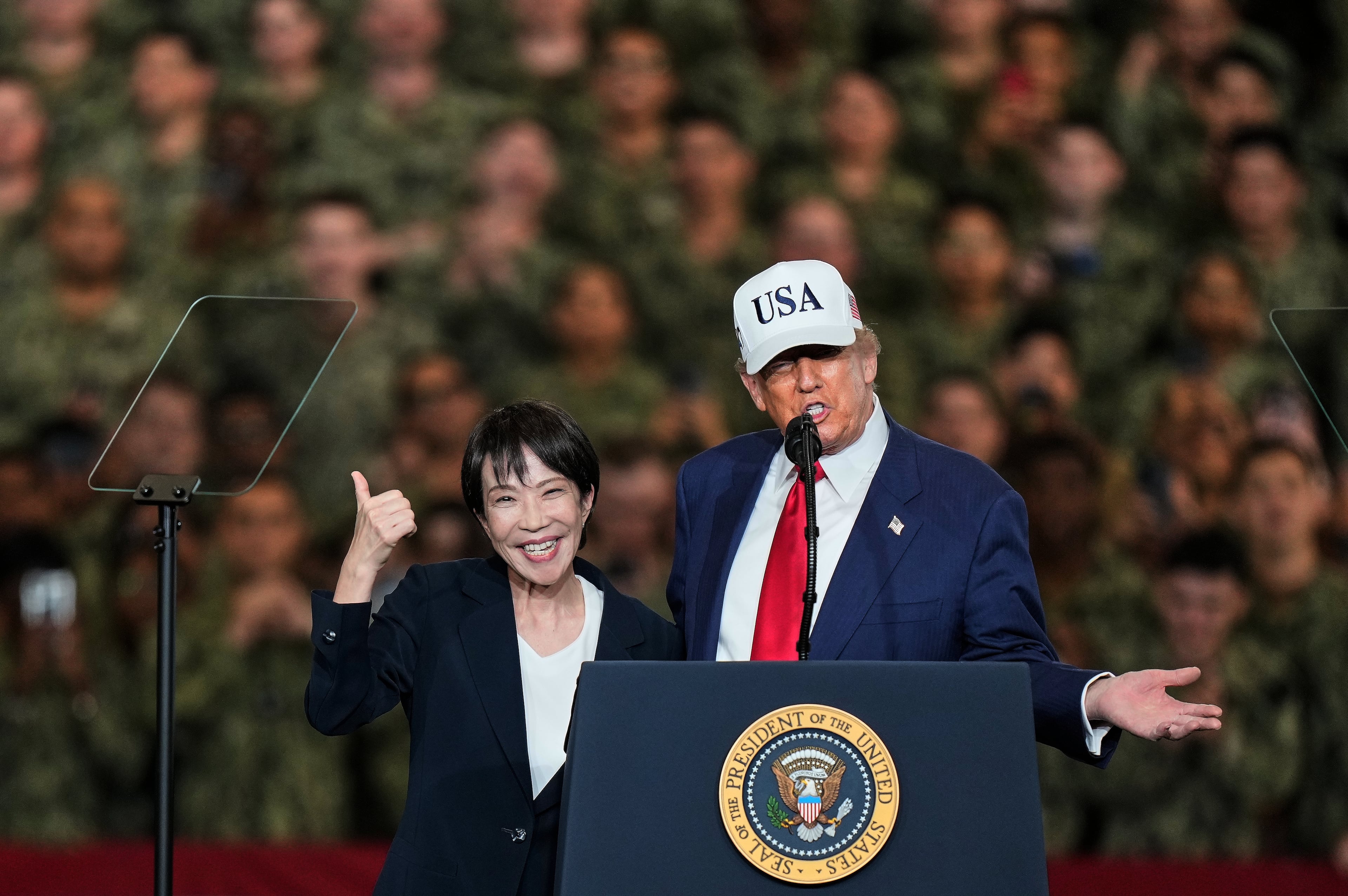VP-elect Kamala Harris receives coronavirus vaccine
Kamala Harris, who will make history next month as the first female and first person of color to be inaugurated as vice president, received the Moderna coronavirus vaccine Tuesday.
Harris is the latest leading national political figure to receive the vaccine, joining current Vice President Mike Pence and his wife, House Speaker Nancy Pelosi, and President-elect Joe Biden and his wife.
December has been the deadliest month of the outbreak in the U.S. yet, with about 65,000 deaths in December so far, according to the COVID Tracking Project. The nation has repeatedly recorded more than 3,000 dead per day during the last few weeks.
Johns Hopkins is reporting the U.S. continues to lead the world in the number of coronavirus cases — 19.3 million — and deaths, with more than 335,000. Globally, more than 81 million cases have been reported around the world, with 1.7 million deaths.
"That was easy! I barely felt it." Vice President-elect Kamala Harris receives the Moderna Coronavirus vaccine at United Medical Center in Washington, D.C. pic.twitter.com/V2XzrZMjAK
— Gary Grumbach (@GaryGrumbach) December 29, 2020
On Monday, a day in which more people were hospitalized in the U.S. with the coronavirus than at any other time since the pandemic began, a huge U.S. study of another COVID-19 vaccine candidate got underway.
Public health experts say more options in addition to the two vaccines now being dispensed — one made by Pfizer and its German partner BioNTech, the other by Moderna — are critical to amassing enough shots for the country and the world.
The candidate made by Novavax Inc. is the fifth to reach final-stage testing in the United States. Some 30,000 volunteers are needed to prove if the shot — a different kind than its Pfizer and Moderna competitors — really works and is safe.
“If you want to have enough vaccine to vaccinate all the people in the U.S. who you’d like to vaccinate — up to 85% or more of the population — you’re going to need more than two companies,” Dr. Anthony Fauci, the top U.S. infectious disease expert, told The Associated Press on Monday.
The Trump administration’s Operation Warp Speed expects to have shipped 20 million doses of the Pfizer and Moderna vaccines to states by the beginning of January, fewer than originally estimated to the frustration of states and health officials trying to schedule the shots.
There is no real-time tracking of how quickly people are getting the first of the two required doses. As of Monday, the Centers for Disease Control and Prevention had reports of more than 2.1 million vaccinations out of 11.4 million doses shipped — but the agency knows that count is outdated. It can take days for reports from vaccine providers to trickle in and get added to the site.
The head of drugmaker AstraZeneca, which is developing a coronavirus vaccine widely expected to be approved by U.K. authorities this week, said Sunday that researchers believe the shot will be effective against a new variant of the virus driving a rapid surge in infections in Britain.
AstraZeneca chief executive Pascal Soriot also told the Sunday Times that researchers developing its vaccine have figured out a “winning formula” making the jab as effective as rival candidates.
Some have raised concern that the AstraZeneca vaccine, which is being developed with Oxford University, may not be as good as the one made by Pfizer already being distributed in the U.K. and other countries. Partial results suggest the AstraZeneca shot is about 70% effective for preventing illness from coronavirus infection, compared with the 95% efficacy reported by Pfizer and its German partner BioNTech.
“We think we have figured out the winning formula and how to get efficacy that, after two doses, is up there with everybody else,” Soriot said. “I can’t tell you more because we will publish at some point.”
Britain’s government says its medicines regulator is reviewing the final data from AstraZeneca’s phase three clinical trials. The Times and others have reported that the green light could come by Thursday, and the vaccines can start to be rolled out for the U.K. public in the first week of January.
Asked about the vaccine’s efficacy against the new variant of coronavirus spreading in the U.K., Soriot said: “So far, we think the vaccine should remain effective. But we can’t be sure, so we’re going to test that.”
British authorities have blamed the new virus variant for soaring infection rates across the country. They said the variant is much more transmittable, but stress there is no evidence it makes people more ill.
Prime Minister Boris Johnson sounded an urgent alarm about the variant days before Christmas, saying the new version of the virus was spreading rapidly and that plans to travel and gather must be canceled for millions to curb the spread of the virus.
Authorities have since put increasing areas of the country — affecting about 24 million people, or 43% of the population — in the strictest level of restrictions. Nonessential shops have closed, restaurants and pubs can only operate for takeout and no indoor socializing is allowed.
Many countries swiftly barred travel from the U.K., but cases of the new variant have since also been reported in a dozen locations around the world.
Public health officials said on Dec. 24 that more than 600,000 people had received the first of two doses of the Pfizer vaccine.
Britain recorded another 30,501 positive COVID-19 cases and a further 316 deaths on Sunday, bringing the country’s total death toll to 70,752. Many hospitals are under pressure, including the largest hospital in Wales, which issued an urgent appeal on Saturday for health care staff or medical students to help care for coronavirus patients in intensive care.
The health board that runs University Hospital of Wales said Sunday the situation has improved, but its critical care unit remains extremely busy.


